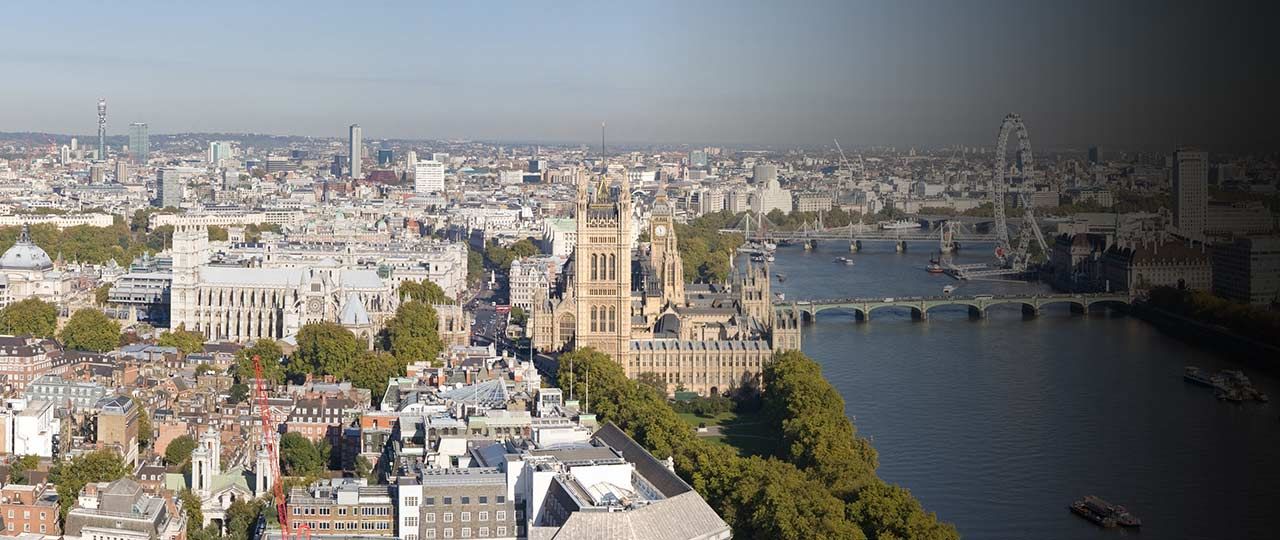
With a recent upturn in rates across the mortgage market and speculation about rising interest rates, many homeowners are getting twitchy feet. Shaun Church, Director at Private Finance, gives us his views on the outlook for the mortgage market
Following a period of weak demand in the mortgage market in the aftermath of the 2016 Brexit vote, 2017 has seen a rise in housing market activity with first-time buyers and homeowners taking advantage of rock-bottom rates. For almost nine years, interest rates have remained at a historic low. But is this about to change?
Recent changes in the mortgage market
In the early part of this year, rates tailed off to the lowest they’ve ever been. Shaun Church, Director at Private Finance, believes mortgage rates have bottomed out. “There’s been a seismic shift in the last few weeks where everyone seems to be pricing upwards in anticipation of an interest rate rise. These are only small increases of perhaps 0.1% but they’re happening across the board.”
The consensus is that rates will go up, if not now then in January. But for those who remember interest rate jumps of the past, that’s no reason to panic. “The interest rate is only likely to go up by a quarter of a percent to 0.5%, which is still a very low rate compared to what we’ve seen in the past,” Shaun says.
Another factor that’s caused lenders to put their rates up is a rise in swap rates. These affect the cost to banks of providing fixed rate mortgages. If interest rates don’t go up, swap rates may fall and the current upward pricing trend could drop off again.
How will a rise in interest rates affect you?
A rise in interest rates will have the most immediate impact on homeowners on variable rate mortgages. Locking into a fixed rate deal is one option, but it may not suit everyone. If you’re planning to move in the next year or two, then you could end up worse off in the long term by taking out a fixed rate mortgage and having to pay an early exit fee when you move.
For those with large mortgages, even a small interest rate rise can mean a significant increase in payments. Getting advice from a broker who specialises in large mortgages is essential to make sure you get the best long-term deal based on your individual circumstances.
But it’s not all bad news. A rise in interest rates is likely to be followed by a rise in the interest offered on savings accounts, which is great news for many people.
Move now or sit tight?
If you’re currently on a very low variable rate mortgage, for example, 0.25% above base, then even with an interest rate rise, you’ll better off on your current deal. But if you want security over the coming years then it’s a great time to take out a fixed rate mortgage, with offers available from as little as 0.99% for a two-year term or 1.59% for a five-year term.
Shaun advises caution for those who are currently on a fixed rate mortgage. “It may be tempting to take advantage of the cheap deals currently around. But with harsh penalties for exiting early, you need to do the sums to check if you will be better off in the long term. If in doubt, get some professional advice.”
If you’re nearing the end of a fixed rate deal, it’s a different story. “You can lock into a remortgage deal up to six months before your current deal ends,” Shaun explains. “It’s worth speaking to a financial advisor to secure a new deal now in case rates do go up in the next six months.
Mortgage market outlook for 2018
Shaun is positive about the market outlook in the coming year. “It’s still likely to be a competitive, low-rate environment. There’s plenty of competition between lenders which will keep prices down. I can also see mainstream lenders relaxing some of their lending criteria in order to target niche markets, for example, the over 70s. Overall, it’s a good time to borrow.”
Mortgage rates may be increasing, but they’re still incredibly low. If interest rates rise, savvy homeowners and first-time buyers could grab themselves a great deal by acting now.
